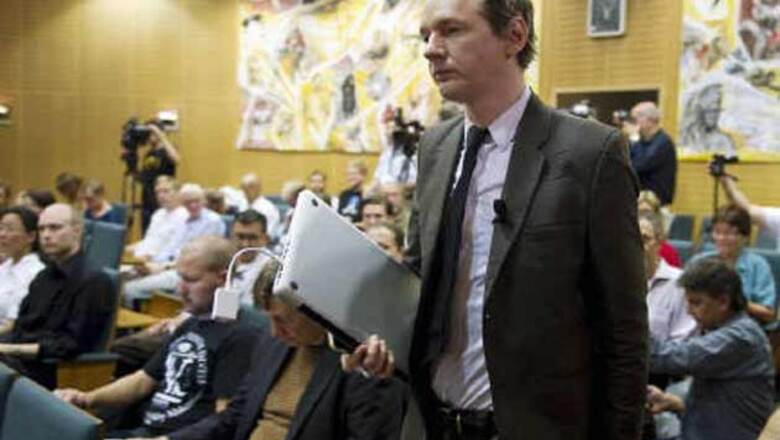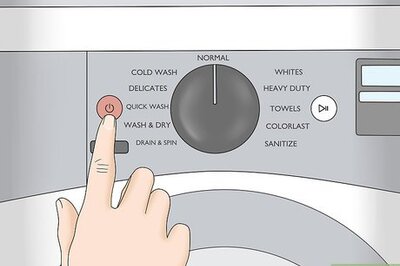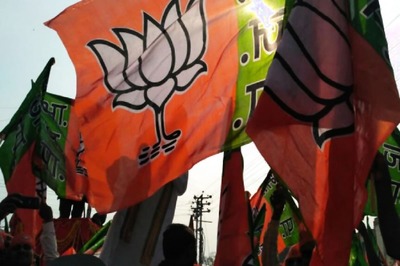
views
Washington: The WikiLeaks website released a secret CIA memo on Wednesday warning of fallout if the United States came to be seen as an "exporter of terrorism," given al-Qaeda's interest in American recruits.
The document by the CIA's so-called "Red Cell" was the latest classified memo to be published by the whistle-blowing website, which last month released more than 70,000 secret US military documents on the war in Afghanistan.
It has threatened to release some 15,000 more, despite Pentagon criticism that the leaks endangered the lives of sources and exposed sensitive intelligence gathering methods to enemy fighters.
The three-page CIA memo released by WikiLeaks did not appear to expose any state secrets and one US official quipped it was hardly a "blockbuster." Indeed Red Cell reports are meant to provoke thought, rather than provide an authoritative assessment.
But it addressed the hypothetical and highly sensitive question about the potential impact on the United States if allies saw it as a nation whose citizens frequently operate abroad to carry out acts of terrorism.
It said the United States could lose leverage over allies to cooperate on terrorism -- particularly on "extra-judicial activities." Foreign governments might even take the extraordinary step of secretly extracting US citizens suspected of carrying out extremist acts abroad.
"Primarily we have been concerned about al-Qaeda infiltrating operatives into the United States to conduct terrorist attacks, but AQ may be increasingly looking for Americans to operate overseas," the document proposes.
"Undoubtedly al-Qaeda and other terrorist groups recognize that Americans can be great assets in terrorist operations overseas."
It said US citizens are valuable to terrorist organizations because they are harder to detect. They don't fit the typical Arab-Muslim profile and can easily communicate with leaders through their "unfettered" access to the Internet and other methods, the report said.
Widely distributed
The CIA played down the paper's significance, noting Red Cell teams of analysts were tasked with taking up hypothetical scenarios and presenting alternate views, divergent from mainstream thinking.
"These sorts of analytic products -- clearly identified as coming from the Agency's 'Red Cell'-- are designed simply to provoke thought and present different points of view," said spokesman George Little.
Such documents are widely distributed within the US intelligence community, as opposed to more restricted, highly classified material.
The report cited cases of Americans involved in alleged plots in Pakistan, India and elsewhere and said "contrary to common belief, the American export of terrorism or terrorists is not a recent phenomenon."
It said the United States had a certain amount of leverage with allies on extradition requests following the September 11, 2001, attacks, but warned that could change.
"If the US were seen as an 'exporter of terrorism,' foreign governments could request a reciprocal arrangement that would impact US sovereignty," it said.
It said foreign governments could request information on US citizens or request their "rendition," or the secret, extra-judicial transfer of a terrorism suspect abroad.
"US refusal to cooperate with foreign government requests for extradition might lead some governments to consider secretly extracting US citizens," the report said.
It also warned of potential obstruction of US efforts and cited an Italian case against CIA agents, who were convicted last year of kidnapping a terrorism suspect in Milan and flying him to Egypt, where he says he was tortured during questioning.
"The proliferation of such cases would not only challenge US bilateral relations with other countries but also damage global counterterrorism efforts," it said.




















Comments
0 comment